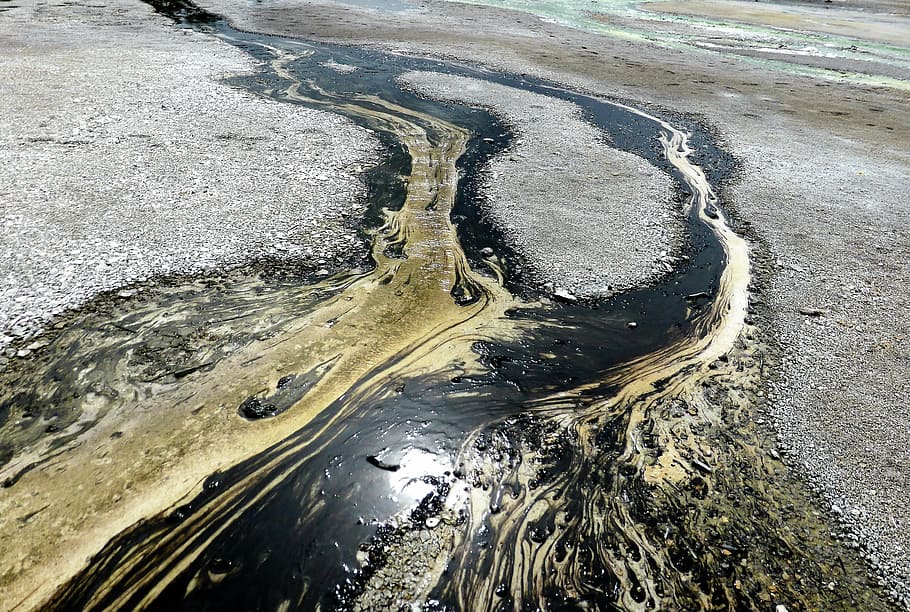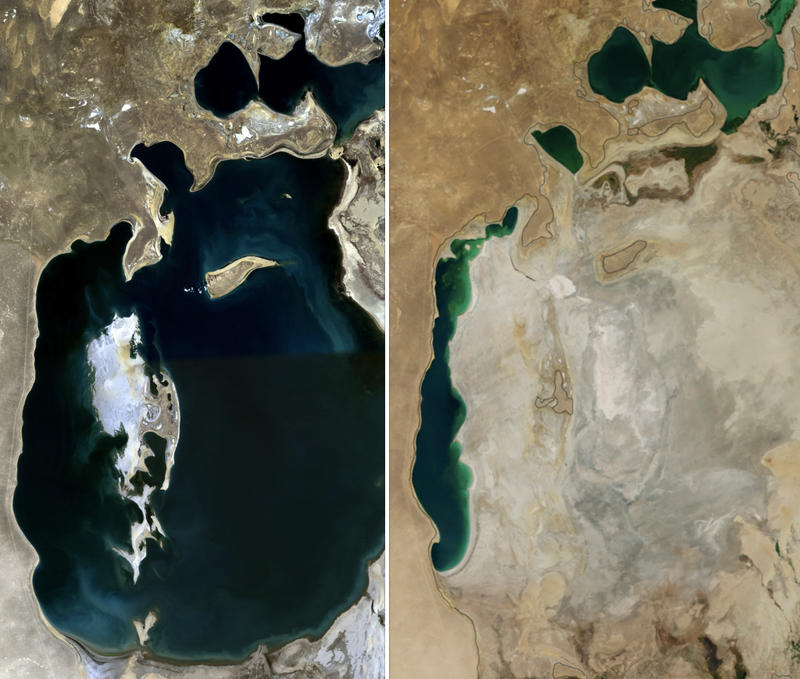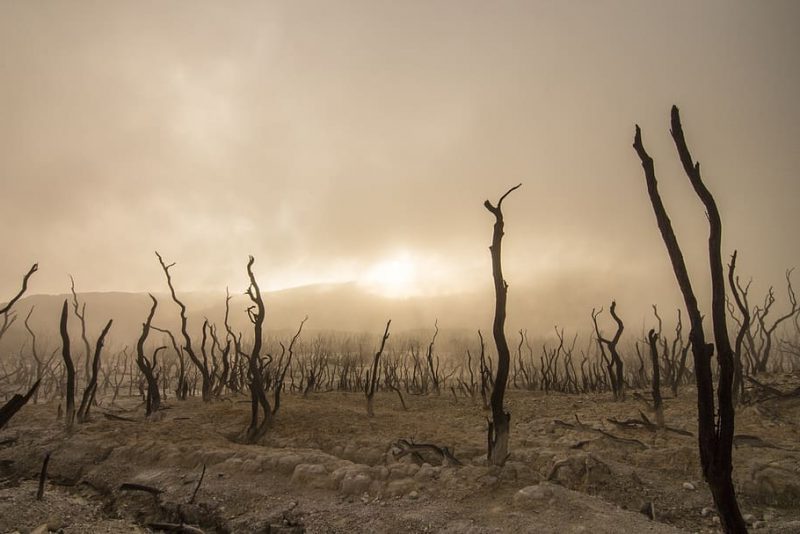To date, no agreement has been reached on how to officially define the crime of ecocide. And this happens because it is a very broad concept with many different ramifications and repercussions, so countless factors must be taken into account to do so.
If we focus on the etymology of the word “ecocide” Its meaning is evident. Built from the Greek root “Eco” which means “the house” it is completed with the suffix “cide” from the Latin “caedere”, which means “to kill”. It can also be said that it is an association of the words “ecosystem” and “genocide”. Therefore, the crime of ecocide It is one that involves the massive destruction of part or all of a certain ecosystem.
Although the climate emergency is the one that steals all the headlines, the ecocides They are the order of the day. And those responsible for these serious environmental damages emerge unscathed from the misdeeds they commit. For this reason, there has been a struggle for years to ensure that international law accepts this criminal figure and declares it a crime. Only then will it be punitive.


Sources of ecocide
All ecological excesses come hand in hand with human activities. To have a certain comfort and standard of living, it seems that there is no impediment to destroying everything, in exchange for certain benefits exclusive to humanity. Therefore, the main activities that could be classified as ecocide son:
- Massive deforestation.
- Overfishing.
- Chemical and oil spills.
- Mining.
- Oil extraction.
- Pollution.
- Chemical weapons.
- Nuclear tests and radioactivity.
- Trafficking in protected species.
- Transfer illegal waste spills.
- Industries in general.
Examples of ecocide
Since the origins of the problem of ecocide They have a purely economic basis, both businessmen and politicians are usually behind many of these serious damages to the environment. According to the report by the NGO Carbon Disclosure Project (CDP) carried out in 2017, 100 companies – mainly oil industries – were responsible for 71% of global greenhouse gas emissions, between 1988 and 2015.
Oil exploitation in the Amazon
Between 1964 and 1992, the American company Chevron Texaco dug oil wells. Faulty retention basins caused leaks and contaminated the water. These activities poisoned thousands of indigenous people and caused irreversible damage to the environment.
oil spills
These were caused by several shipwrecks throughout history. The best known are the Erika, the Amoco Cádiz, the Prestige or the DeepWater Horizon. But in reality, more oil is spilled daily due to losses, leaks or negligence. Oil contaminates the coasts and affects the fauna and flora, compromising the food chain and the marine ecosystem as a whole.
Deforestation
In the jungles of the Amazon, Indonesia and Malaysia, countless native trees are cut down every year. The wood is used in the paper and other minor industries. And the lands are converted, dedicating them to the cultivation of cereals (often genetically modified), mainly to manufacture biofuels. And also for raising livestock, for meat production and for planting oil palms (those of the infamous Palm oil)
By way of illustration, from January to April 2022, the Amazon rainforest lost 1,900 km² of surface area. This caused the disappearance of thousands of plants and animals, the contamination of water and the destruction of the natural absorption capacity of CO2. Previously, the rainforest could store between 80 and 120 billion tons of carbon that it now releases into the atmosphere, thus aggravating global warming.
Aral Sea
This used to be the largest internal sea in the world and is located between Kazakhstan and Uzbekistan. The Aral Sea has disappeared in just 50 years because cotton was grown on its banks. Between water depletion, which salinized it, and agrochemicals, life disappeared from this enormous lake, of which only 10% survives today and is practically dead. The Mar Menor in southern Spain will suffer the same fate if urgent measures are not taken to stop its evident deterioration.

Nuclear accidents
Fukushima and Chernobyl are the two most notable nuclear accidents in history. The toxic particles ejected in the explosions spread throughout the world. But among those who lived closer, cancer levels soared, along with malformations and serious damage to nature. The areas around the power plants are still uninhabitable, due to their high level of radioactivity. A ecocide in every rule.

